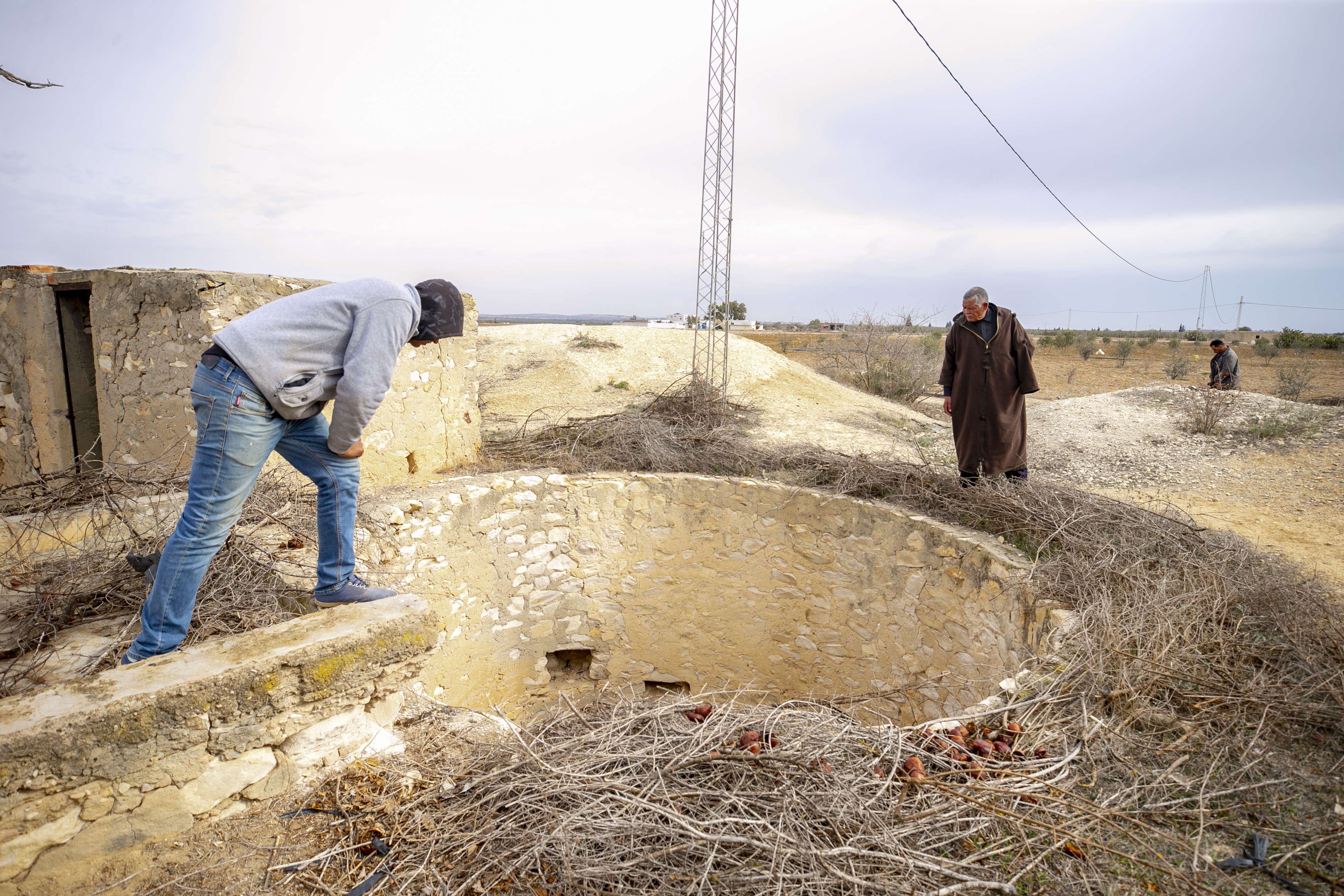
In The grapes of wrath, John Steinbeck tells the dramatic story of an Oklahoma farming family who abandons their drought-stricken land. The story, made into a film by John Ford and starring Henry Fonda, is based on real events: in the mid-1930s, the great plains of the United States, one of the great breadbaskets of the planet, suffered several years of lack of rains drying out the ground so much that huge dust storms broke out. In the summer of 2012, in the same region where the book and movie take place, farmers were expecting a big harvest. But days after planting the May corn, a sudden drought emerged that in a few weeks wiped out their crops. In less than two months, the 76% of the crops were affected and the losses exceeded, according to official sources, the 30,000 million dollars. In terms of water deficit, the event surpassed the one fictionalized by Steinbeck. A study now shows that these sudden droughts are becoming widespread across almost the entire planet, spurred by climate change.
